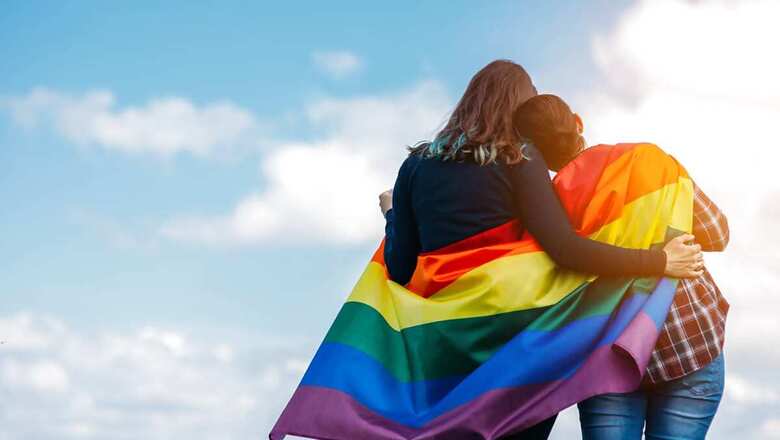
views
A 23-year-old woman from Bengaluru waited with bated breath as the Madras High Court on June 7 read out an order, imposing a ban on the much-controversial conversion therapy that seeks to ‘cure’ homosexuality by conditioning the mind to feel attracted towards the opposite gender.
A landmark judgement, many said on social media, even as a larger fear loomed in the LGBTQ community with its members still concerned about the unofficial ways conversions take place in the form of marriages, or at the hands of tantriks, ayurvedic doctors, etc, who are certain they can get rid of this ‘perversion’.
“I was forcibly married off at the age of 18 when I confided in my parents about my sexual orientation,” said the woman. “They thought I was going through a ‘phase’ that will be cured once I enter conjugal bliss. Unfortunately, this is the story of many homosexual women like me. Marriage has become the most common and socially accepted form of conversion therapy. While I welcome the ban with open arms, there is still a long way to go before India grants sexual autonomy to people like us.”
For years, conversion therapy in India has been using a ‘positive reward and punishment system’, one which is often used to train animals.
Here, ‘patients’ were required to attend sessions with a range of erotic or pornographic same-sex photographs. While viewing them, they would receive an electric shock as a punishment for feeling aroused. The photographs would then be replaced with a heterosexual image and the electric shock would stop.
“Conversion therapy completely pathologised gender identification. To escape bouts of anxiety and depression that come from subjecting people to the therapy, many falsely claimed to be attracted to the opposite sex. This in turn led to the notion that conversion therapy is a success and it continued to be practised unhindered,” Dr Aqsa Shaikh, a trans woman and activist from Kerala, told News18.
“The emphasis on traditional marriage remains a critical factor in the continuation of conversion therapies in India. Besides, corrective rape of lesbian women and forcing gay men to indulge in sexual activity with the opposite sex are other societal ways of conversion which need to be addressed immediately.”
The death of a 21-year-old bisexual woman, Anjana Harish, in May 2020 brought with it a wave of protests when it was understood that the woman ended her life after being assaulted, sedated and forced to undergo conversion therapy by her own kin at two deaddiction centres in Kerala.
“My own family did this to me, that’s what saddens me the most. The ones who were supposed to protect me tortured me so much,” Anjana was quoted saying in a video roughly two months before her death.
Despite the decriminalisation of gay sex under section 377 of the Indian Penal Code in 2018, the country has been facing a prolonged backlash over its treatment of the LGBTQ community in various spheres of social life.
In India, employment in the formal sector still does not acknowledge the non-heterosexual and trans identities that often leads to misgendering. These reactions against the LGBT community stem from the heteronormative structure of society that conceives homosexuality as something abnormal.
This stigmatisation when backed by societal customs like marriages or religious beliefs takes the form of a firm mindset. This evidently defeats the purpose of decriminalisation, which is the acceptance of homosexuality.
Read all the Latest News, Breaking News and Coronavirus News here.













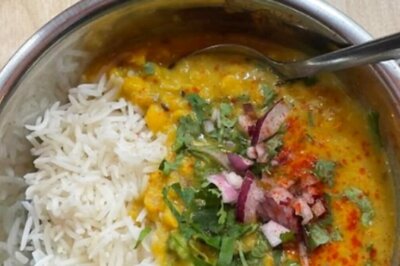
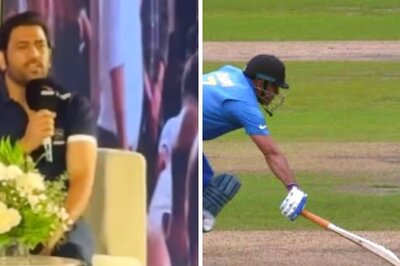
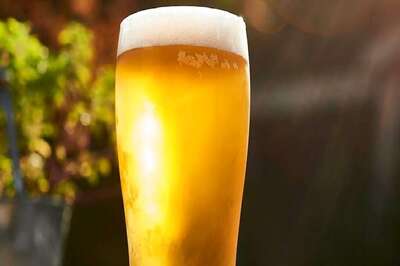
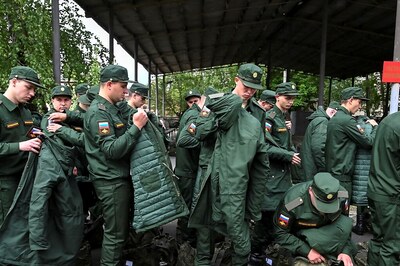
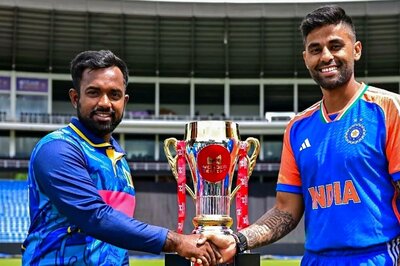

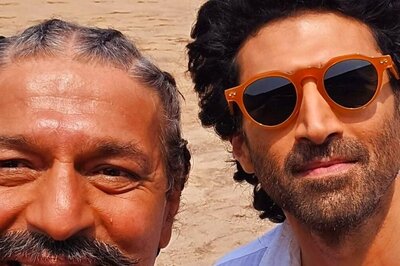
Comments
0 comment